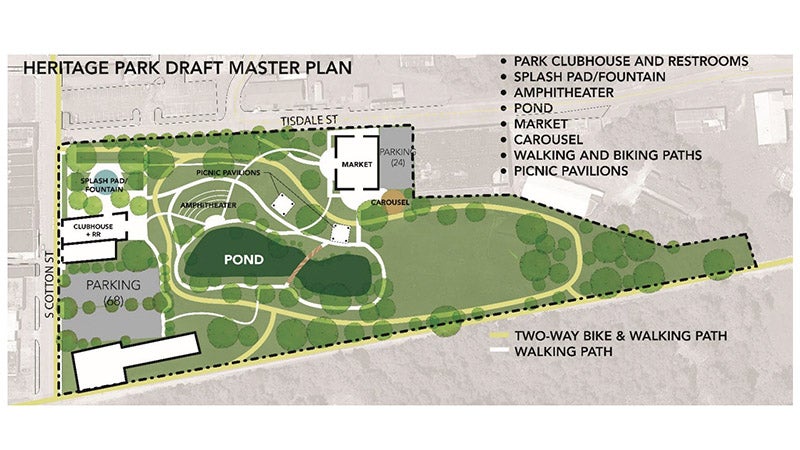Area medical officials talk stroke plan
Published 12:01 am Friday, November 30, 2012
Representatives from area hospitals and emergency medical service providers met this week to discuss the state health department’s Southeast Regional Pilot Acute Stroke System Plan.
A team of personnel from Andalusia Regional, Florala Memorial and Baptist hospitals, as well as local EMS providers met during a two-day period to give ideas on how to better treat stroke patients.
“Stroke is the fourth leading cause of death in the U.S.,” said Amy Herri-ngton with ARH. “Stroke has a major impact on a person’s life and can lead to long-term disability necessitating long-term care. The quicker treatment is given, the better chances are for recovery.”
Herrington said the need to identify and treat suspected stroke patients quickly is the focus of the SRPASS plan. She said tissue plasminogen activator, or tPA as it’s known, became the first and only approved treatment for acute ischemic stroke in 1995.
“Because tPA has to be administered within the first few hours of AIS onset, delivering this treatment to patients who qualify within the established time limit is challenging,” she said. “To overcome this problem, development of a plan across the Southeast region of Alabama to route these stroke patients to the closest facility that can make this treatment available to eligible patients as rapidly as possible is of paramount importance.”
Herrington said pre-hospital emergency response systems must train personnel to correctly identify potential candidates for treatment and work closely with hospital emergency departments to transport these patients rapidly to appropriate designated stroke centers.
She said emergency departments must have specialized protocols in place for identifying candidates for therapy and treating those that require therapy within a narrow therapeutic time window.
“Hospitals must develop comprehensive acute stroke plans that define the specialized roles of physicians, nursing staff, diagnostic units, stroke teams and other treatment services such as pharmacy and rehabilitation,” she said. “Public education is critically important in ensuring that all of the efforts cited above are successful. The public must learn that a brain attack, or stroke, is a medical emergency, that treatment is now available for some stroke patients, and that this treatment is only effective when given within a few hours of onset of symptoms.”
Andalusia Regional Hospital has the protocols in place to treat those patients that qualify for tPA.
“Remember ‘time is brain!” Herrington said. “At the first sign of a stroke, call 911!”





